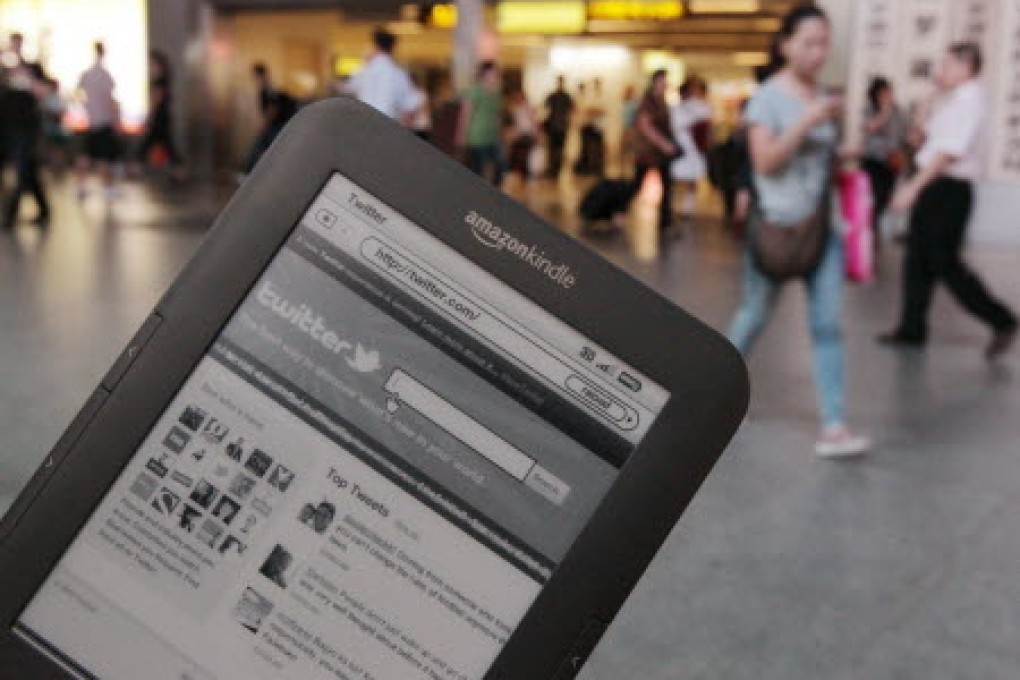Computers can't replace schoolbooks
A growing number of primary and secondary schools are participating in the government's campaign to adopt electronic textbooks, with a view to eventually making them the main source of learning.

A growing number of primary and secondary schools are participating in the government's campaign to adopt electronic textbooks, with a view to eventually making them the main source of learning.
Some people predict that the traditional way of learning will soon be replaced by digital devices, but I have doubts.
New technology is changing the way we live, work and learn. Students in schools where e-textbooks are used extensively no longer have to carry a rucksack full of heavy textbooks. Through online interactive programmes, teachers can promptly check students' performance in class. Teachers and students can experience new and diverse ways of teaching and learning through these convenient and user-friendly devices. But the government's campaign is impractical.
E-learning leads to the decline of students' basic examination skills. With electronic devices they can complete classwork and tests by simply touching their tablets without using a pen. They still have to write in an exam, but will lack the daily practice of this skill and this could affect their exam performance.
Most students now have a smartphone. Having a Wi-fi network which covers the whole school could encourage youngsters to play online rather than concentrating on their lessons and it will be difficult for teachers to monitor them.
Also, full implementation of e-learning will discriminate against youngsters from low-income families. Students who can afford to own a tablet can surf the net at home, while poor children will not be able to do so. If schools offer subsidies this will increase their operating costs. Also, surely having so many students online at the same time will overload the network the school is using? This is a problem if teachers have to rely only on online materials in the classroom.